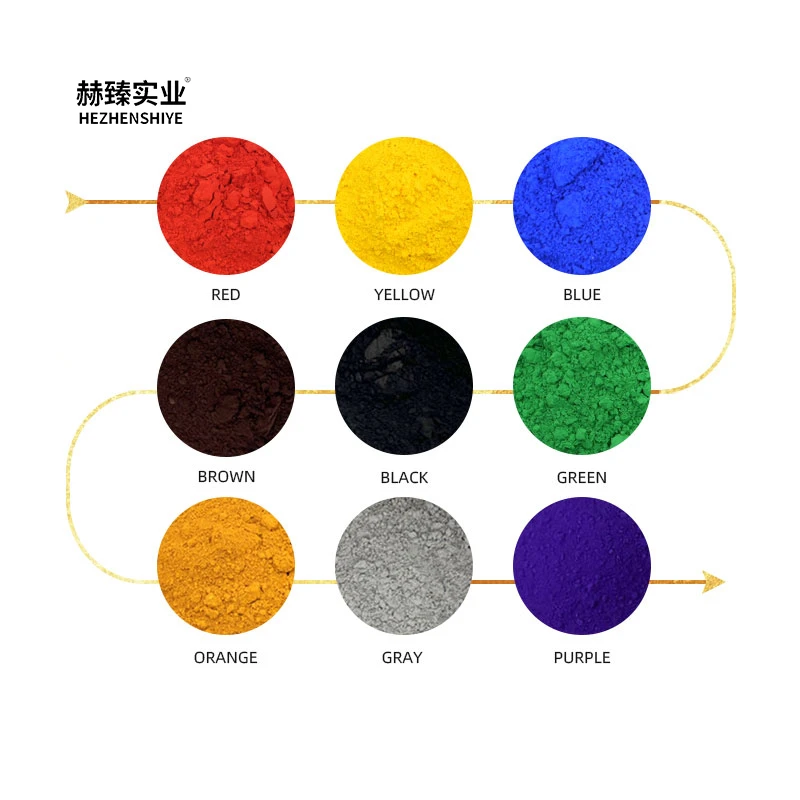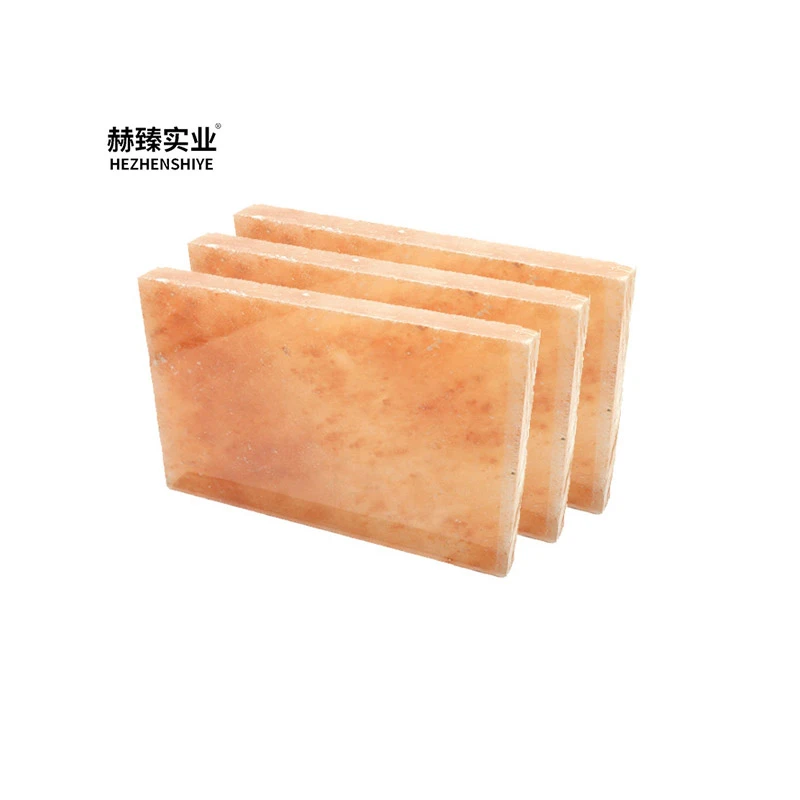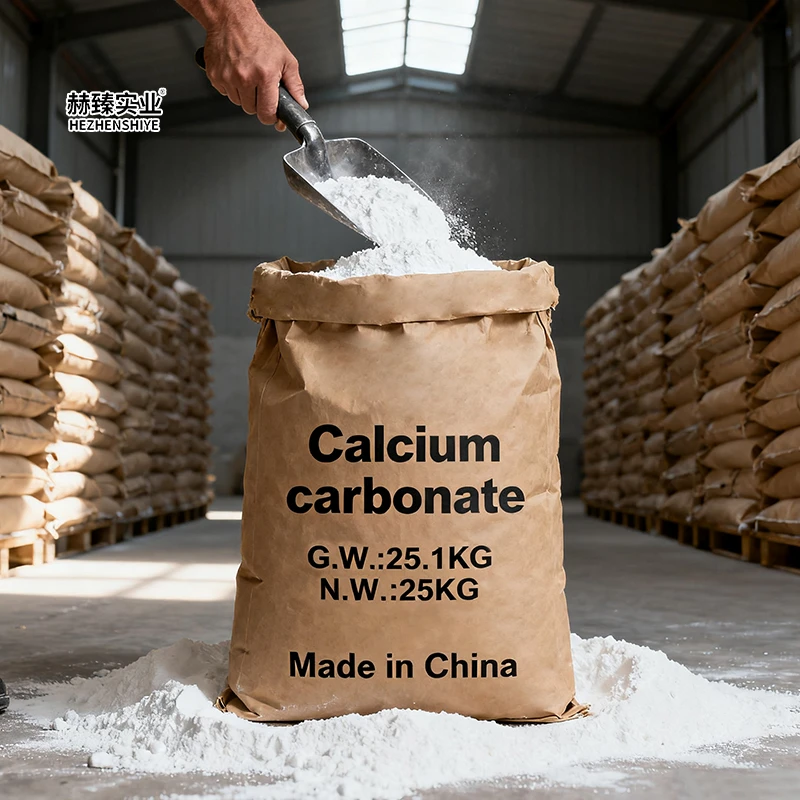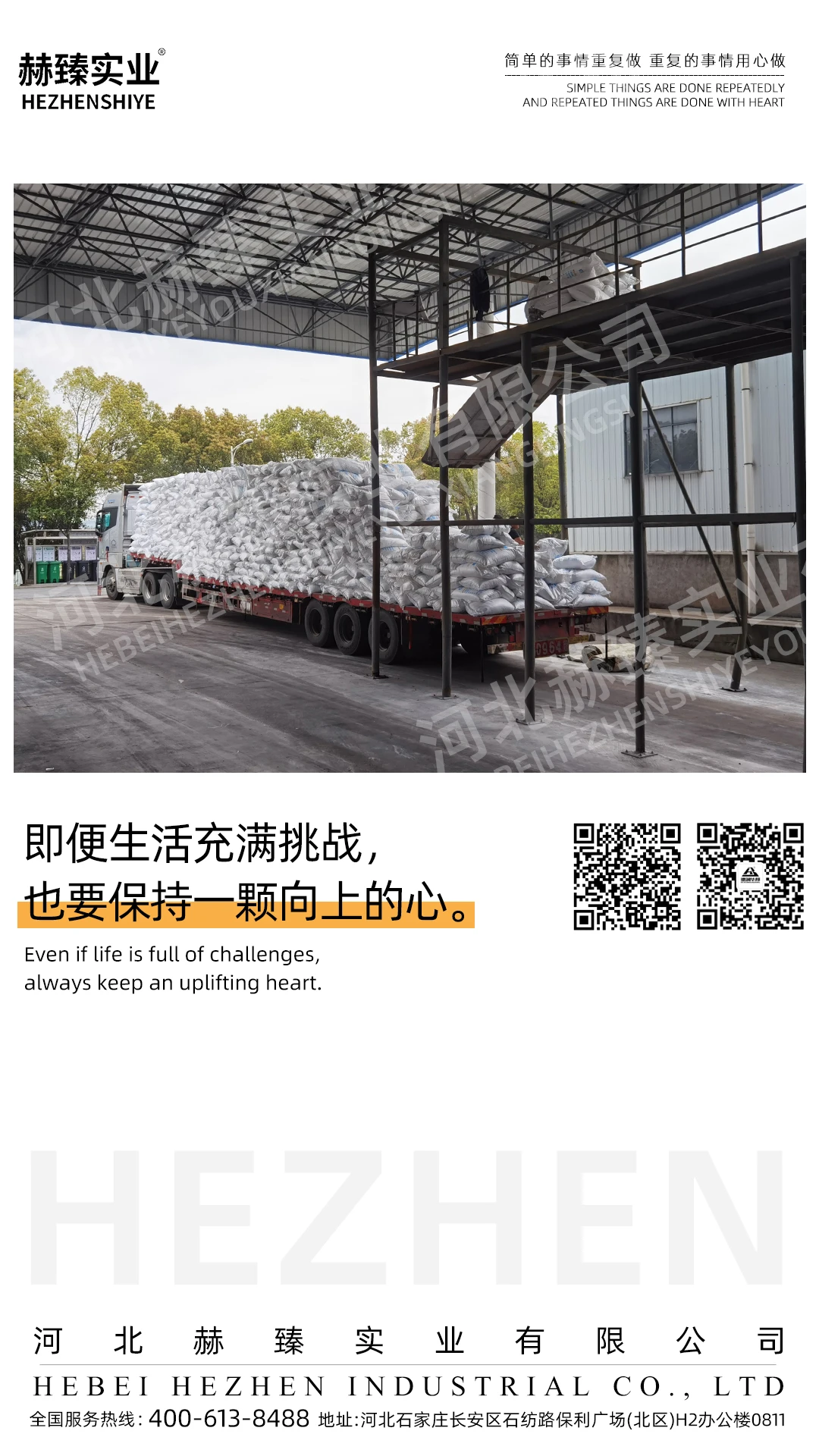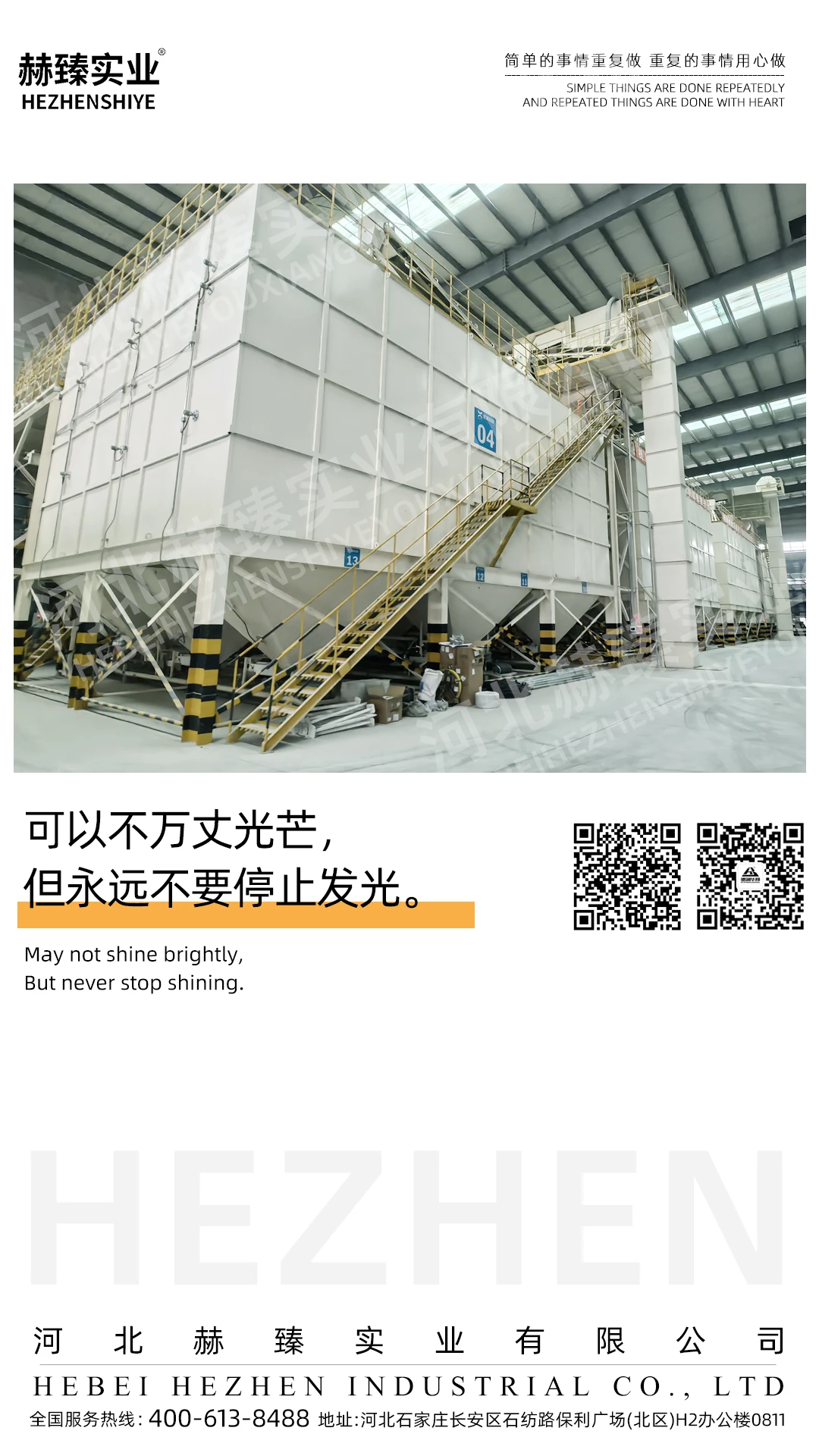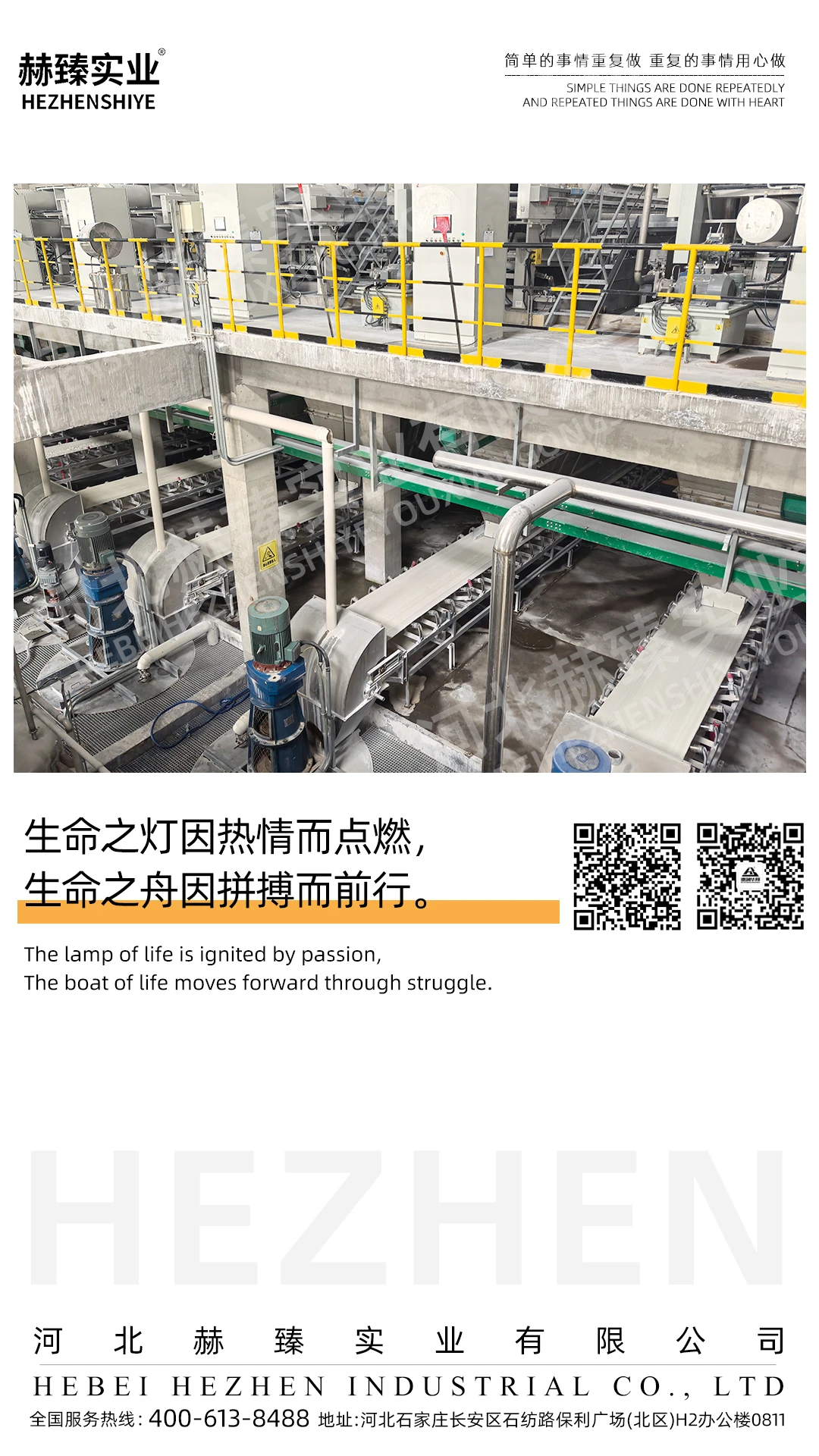What’s New in Mineral-Based Fireproofing: Field Notes on a Quiet Workhorse
If you’ve been watching low-carbon construction, you’ll know mineral fibers are having a moment. To be honest, it’s not hype; it’s the steady march of codes and clients demanding Class A fire ratings and better envelope performance, minus petrochemical baggage. That’s where Hezhen Sepiolite Fiber Fireproof Coating Wood Fiber For Thermal Insulation Of Various Fiber Buildings has been popping up on my site visits.
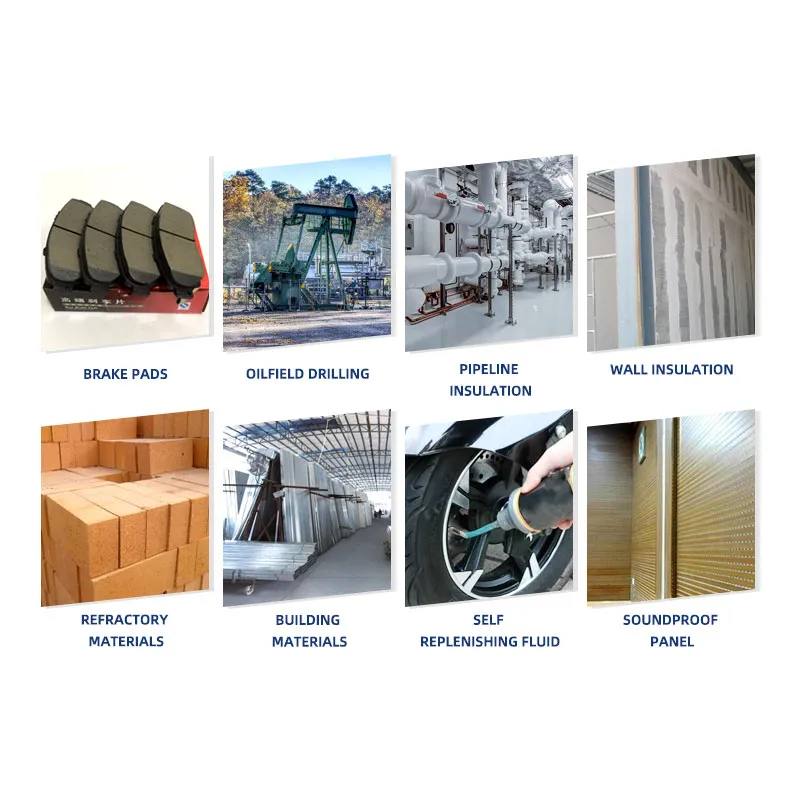
Why sepiolite + wood fiber, now?
Sepiolite is a needle-like magnesium silicate clay with high specific surface area and intrinsic heat resistance. Blending it with graded wood fiber and an inorganic binder yields a breathable, low-VOC coating that slows heat flux while keeping flame spread in check. Many customers say they switched from organic intumescents due to odor and aging concerns; it seems that mineral matrices age more gracefully in humid climates, surprisingly.
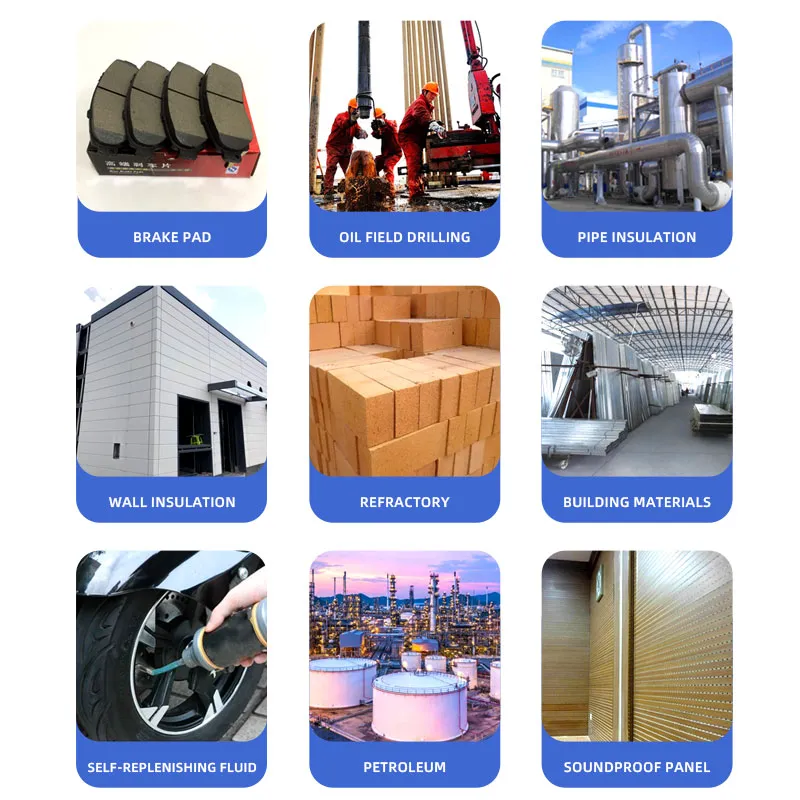
Product specifications (key data, lab and field)
| Base composition | Sepiolite fiber + wood fiber + alkaline silicate binder, mineral pigments |
| Thermal conductivity λ | ≈ 0.040–0.046 W/m·K @ 25°C (ASTM C177/ISO 8302; real-world use may vary) |
| Fire classification | EN 13501-1: A2-s1,d0 (typ. test); ASTM E84: Class A, FSI ≈ 0–15, SDI ≈ 20–120 |
| Application | Spray/trowel; 1.5–4 mm total DFT, in 2–3 passes |
| Density (dry) | ≈ 220–320 kg/m³ depending on build |
| VOC | ≤ 10 g/L, near-zero odor |
| Service life | 25+ years interior; 15–20 years semi-exposed with maintenance |
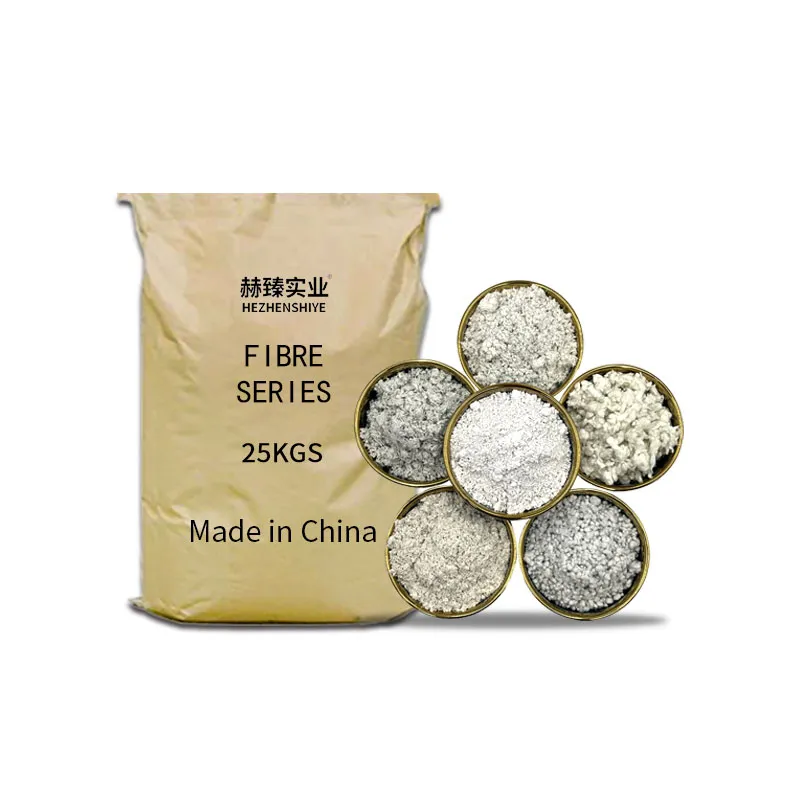
Process flow (how crews actually use it)
- Materials: sepiolite-wood fiber dry blend, potable water, alkali-resistant mesh where needed.
- Mixing: 3–5 minutes, water ratio ≈ 18–22% by weight until creamy. Rest 2 minutes, remix briefly.
- Substrate prep: dust-free wood fiber boards, CLT, fiber cement, gypsum; primed if highly absorbent.
- Application: spray/trowel 1.5–2.5 mm/pass; embed mesh at joints; total build per spec.
- Curing: 24–48 h @ 20°C/50–65% RH; full properties after 7 days.
- Testing: Fire per EN 13501-1/ASTM E84/GB/T 9978; non-combustibility ISO 1182 (as applicable); adhesion ASTM D4541.
Where it fits
Timber schools and dorms, modular housing, acoustic panels, interior of agricultural fiber buildings, retrofits of gypsum/fiber-cement boards, and utility rooms where low smoke is non-negotiable. Site crews like the pumpability; specifiers like the A2/s1 rating. I guess that combination is why it keeps winning bid alternates.
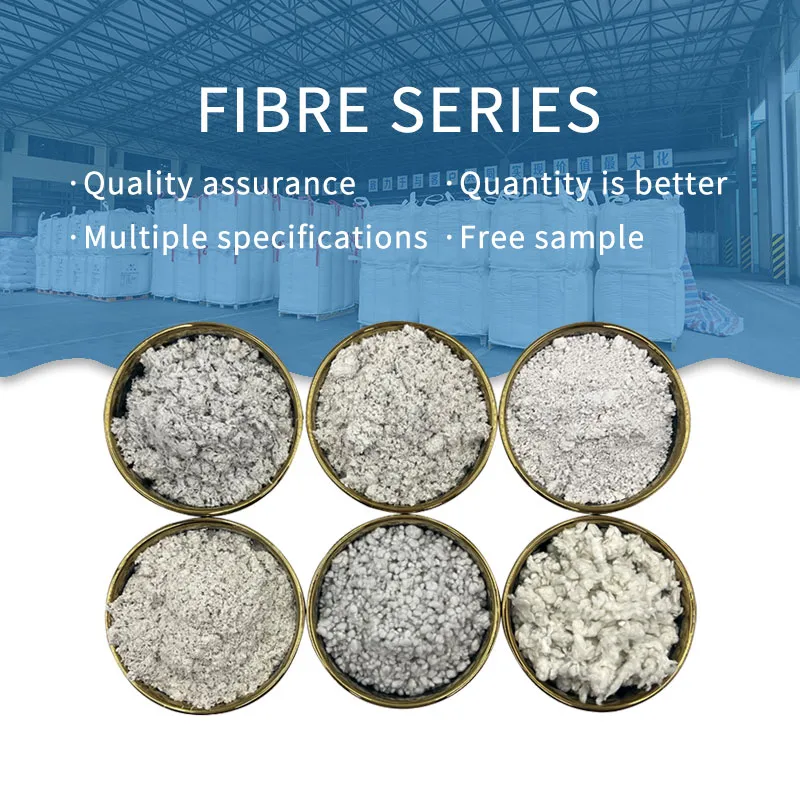
Vendor comparison (indicative)
| Vendor | Binder | Fire class | λ (W/m·K) | VOC | Lead time |
|---|---|---|---|---|---|
| Hezhen Sepiolite Fiber Fireproof Coating Wood Fiber For Thermal Insulation Of Various Fiber Buildings | Inorganic silicate | A2-s1,d0 / Class A | ≈ 0.04–0.046 | Low (≤10 g/L) | ≈ 10–15 days |
| Brand X (Mg(OH)₂-acrylic) | Hybrid organic | Class A (varies) | ≈ 0.05–0.06 | Medium | ≈ 20+ days |
| Brand Y (intumescent) | Organic resin | B-s1,d0–A2 (spec) | ≈ 0.06–0.08 | Higher | ≈ 15–25 days |
Customization and compliance
Color tints (light mineral palette), tailored fiber gradation for trowel vs. spray, and thickness design per required rating. Test reports for EN 13501-1, ASTM E84, ISO 1182 available on request. Factory origin: No. 8 Xisha East Road, Shikan Village, Ciyu Town, Lingshou County, Shijiazhuang City, Hebei Province.
Case file: timber dorm upgrade, East China
A 6,000 m² student dorm with wood-fiber boards specified Hezhen Sepiolite Fiber Fireproof Coating Wood Fiber For Thermal Insulation Of Various Fiber Buildings at 3 mm DFT. Post-commissioning blower-door and utility data suggested ≈12% HVAC energy reduction year-one; fire lab recorded FSI 10, SDI 75 (Class A). Site crews noted “fast wet-edge” and clean sanding at touch-ups.

Final take
Is it flashy? No. But for fiber-rich buildings that need breathable, mineral fire protection with honest thermal performance, this is a practical, code-friendly choice that doesn’t fight the substrate.
- EN 13501-1: Fire classification of construction products and building elements.
- ASTM E84 / UL 723: Surface Burning Characteristics of Building Materials.
- ISO 1182: Reaction to fire tests for products—Non-combustibility test.
- GB/T 9978: Fire-resistance tests—Elements of building construction.
- Applied Clay Science: Sepiolite structure and thermal behavior, various issues (peer-reviewed overviews).
- ISO 8302 / ASTM C177: Thermal conductivity measurement (guarded hot plate).






